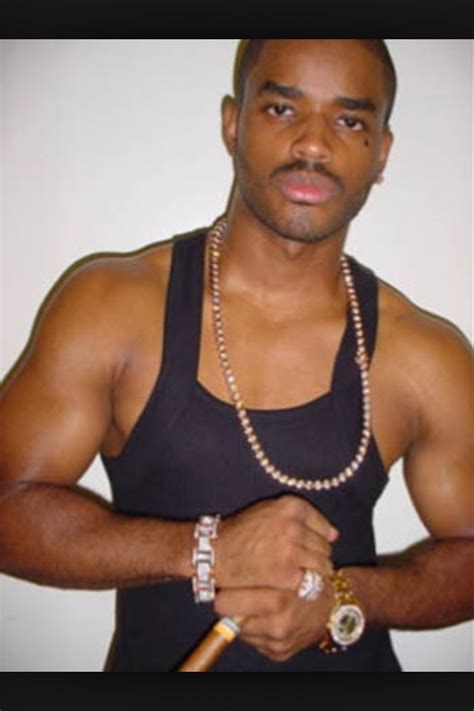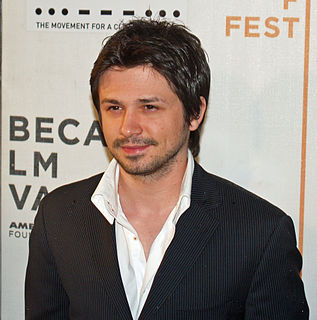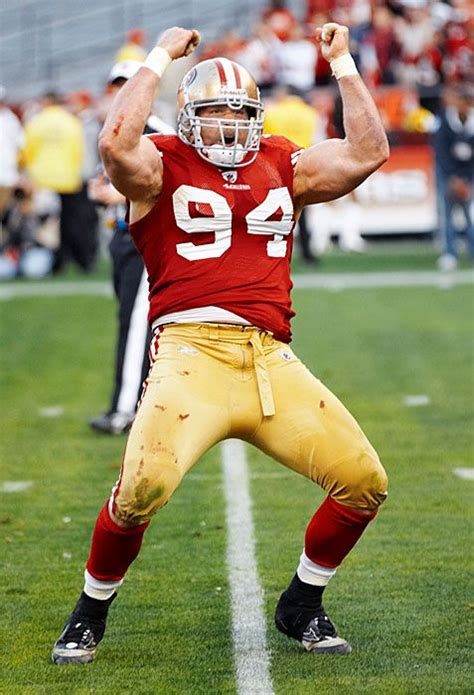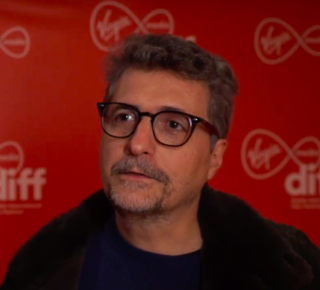A Quote by James Wan
I'm a student of cinema in general, not just of one particular genre. So it was very important to me and to my soul to go out and do something different.
Related Quotes
I think that a lot of the time I don't go for something in particular. I see what comes to me, I filter it out. I never really strive to play a particular character or do a particular genre of film. As long as it's a good script and a great range of people and my character is really interesting I can't see any reason not to do it.
There is a great difference, whether the poet seeks the particular for the sake of the general or sees the general in the particular. From the former procedure there ensues allegory, in which the particular serves only as illustration, as example of the general. The latter procedure, however, is genuinely the nature of poetry; it expresses something particular, without thinking of the general or pointing to it.
What particular experiences will nourish your soul? No one can prescribe that for you; it is something only you can know and experience. What is satisfying for one person may be just the opposite for someone else. Being out in nature, by the seashore, or on a mountaintop works for me. Communing with nature brings me into soul time. But for others, being out in nature is something to be tolerated, or even an ordeal, or just what you do if you're a member of a family that goes camping.
We have to know cognitively what another mind is thinking and also empathically what they're feeling. And of course, in general, that's always the case, but it's often very generic. Like with Leo Cullum's doctor, it's just the fact that people in general are cruel and insensitive. But in the Barbara Smaller cartoon, we understand it's this particular person or this specific sub-class of person and her particular needs and desires, and that's different than a pun cartoon in which it's just semantic.
When I make a film, I am hoping to reinvent the genre a little bit. I just do it my way. I make my own little Quentin versions of them... I consider myself a student of cinema. It's almost like I am going for my professorship in cinema, and the day I die is the day I graduate. It is a lifelong study.
I listen to all those kinds of music, from classic soul to hip-hop to Brazilian music to, you know, jazz to indie to alternative... And for me, when I'm making music, it's all in my head, and all those influences in my head. So if something comes to me that's a reference from a different genre then people are used to hearing from me, I'm not afraid to go there with it.
I've been spinning dance music since 1990, and genres always come and go. I think as technology becomes more accessible and it's easier for people to make music, they come and go quicker now, but it just comes with the territory. You come up with something new, something hot, and it rocks for a year. It's nothing different from any other genre of music. I mean, name one genre that's sounded the same for its entire existence. It doesn't happen.
When you write a scene where somebody is afraid of something you instantly go to decades of genre cinema: horror, suspense, and thrillers. Those are very cinematic genres, when you shoot a close-up of someone and you can see fear in the person's face, or anticipation, or some kind of anxiety, it's a very cinematic image.
I shift between mediums very frequently. Instead of taking a break from writing, I just write in a different medium or in a different way or for a different purpose, so that I don't actually stop writing - I just go to something else. Like going from a big symphony to a piano piece is great and very refreshing, I find. And then going from that to a big concerto, and then having to go out and play.



































